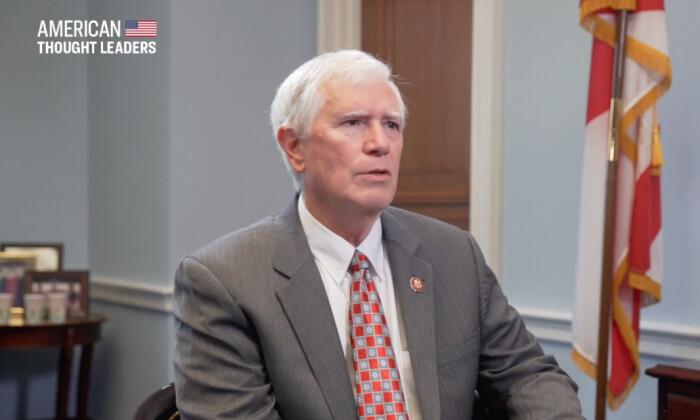Rep. Mo Brooks (R-Ala.) said Monday that he signed an objection to the electoral vote in six states ahead of the Joint Session of Congress on Wednesday.
“Promises made. Promises kept. Today I signed objections to tainted electoral college vote submissions” in Arizona, Georgia, Michigan, Nevada, Pennsylvania, and Wisconsin, Brooks wrote.





